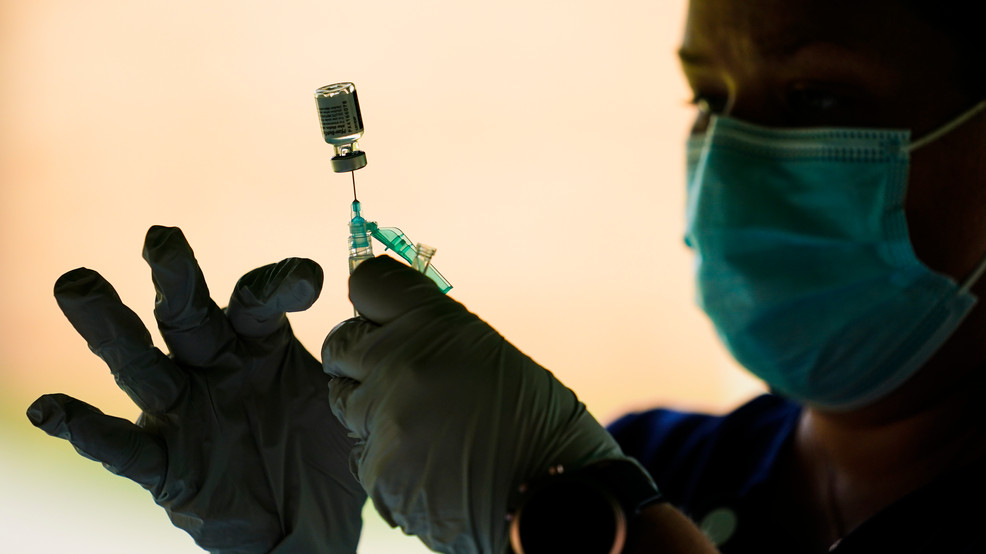
BOZEMAN, Mont. — The new COVID-19 variant, omicron, is now considered a “very high” global risk by the World Health Organization.
Top federal health officials said Tuesday they’re expanding efforts to identify and track potential cases in the U.S.
“We are actively looking for the omicron variant right here in the United States,” said CDC director Dr. Rochelle Walensky.
That means local labs, like FYR Diagnostics in Missoula, are preparing, too.

They started working with the state health department early this year to sequence and track COVID-19.
“That’s really important for public health reasons,” said Chris Booth, CEO of FYR Diagnostics. “All of these variants have these different mutations that give different characteristics to the virus, so it might be more infectious, it might be able to evade the immune system better, etc. It’s important to be able to track if there is an emerging variant, is it spreading through our local population.”
Early research suggests the omicron variant is highly contagious, with over 30 mutations on the spike protein. That’s the part of the virus that attaches to human cells causing infection, and more mutations could mean a higher likelihood of transmission.
“With delta, you know, once it came within three weeks it had steamrolled over all the other variants, and was at basically 100%,” said Dr. Vikas Ghai, a senior research scientist with FYR Diagnostics. “It’s important to know what the genetic makeup is of the viruses in circulation for SARS CoV-2.”
Tuesday the CDC said nationally they’re sequencing about one in seven positive COVID-19 PCR tests, about 80,000 samples a week.
FYR sequences samples primarily from Missoula and Ravalli counties, as well as any additional samples sent to them from the state.
“Typically the state and us are trying to sequence about 10 to 15% of known positives,” Ghai said. “That’s kind of what the guidance is from the state, but the guidance is also from some other departments like the CDC as well.”
There aren’t any recorded cases of the omicron variant in the U.S. yet, but federal health officials say it’s only a matter of time.
“The first thing is, obviously, to be able to increase your sequencing capacity,” said Ghai. “This will allow us to relieve the burden of testing and allow us to test more samples.”
“So far, we’ve been able to keep up with everything that the state’s been sending us,” added Booth. “Hopefully, by increasing our capacity, we’ll be able to maintain that if cases start to go back up in the next month or two.”
